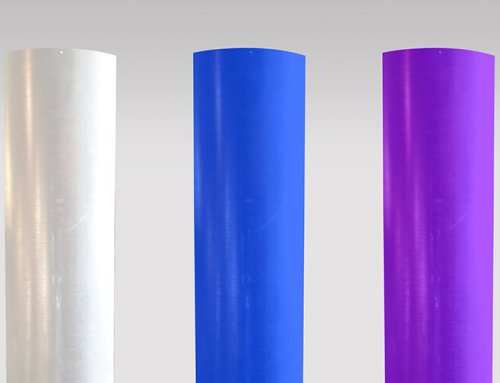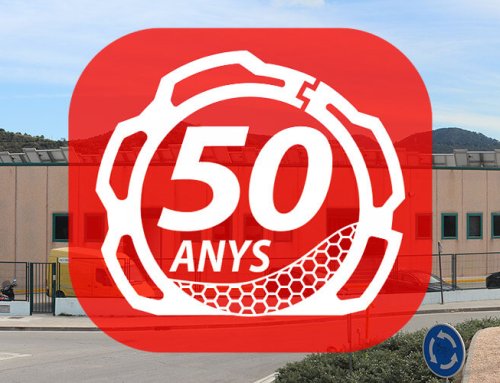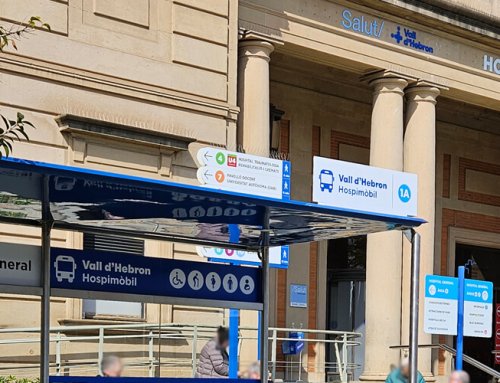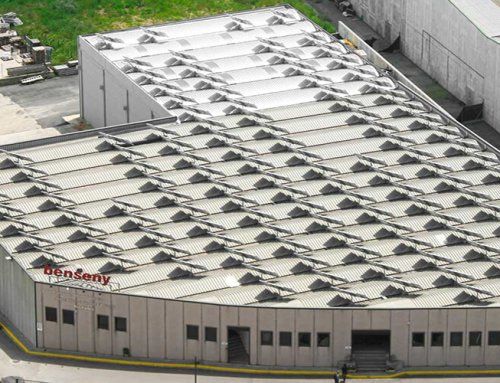The integration of solar energy into urban infrastructure has become one of the most innovative and environmentally friendly solutions in a world increasingly focused on sustainability and energy efficiency.
Benefits of Solar Energy in Urban Infrastructure.
Modern cities are looking to reduce their carbon footprint while optimizing operating costs. Solar energy is a key tool in this process. Furthermore, its application in infrastructures such as bus shelters, street lighting and other urban facilities has proven to be a viable and efficient option.
Below, we explore the five main benefits of solar energy applied to urban infrastructure:
1. Reducing Costs with Solar Energy in Urban Infrastructure
One of the main benefits of solar energy in urban infrastructure is the significant reduction in costs related to electricity consumption. By installing solar panels on bus shelters, public transport stops or street lighting, cities can generate energy autonomously. Reducing the need to be connected to the electricity grid, it means considerable savings in the long term, since once installed, the energy is free.
Where electricity costs are high, this solution allows municipalities to significantly reduce their energy expenses, generating a return on investment.
2. Contribution to Sustainability and Carbon Footprint Reduction
Solar energy is a clean and renewable source of energy, making it one of the main allies in the fight against climate change. By integrating solar systems into urban infrastructures, cities can effectively reduce their greenhouse gas emissions, contributing to the reduction of the carbon footprint.
Each kilowatt of energy generated through solar panels avoids the emission of tons of CO₂ that would otherwise be produced by traditional energy sources, such as coal or natural gas. In this way, solar energy not only promotes energy efficiency, but also has a positive impact on the environment.
3. Autonomous Operation and Greater Resilience
Solar energy enables many urban infrastructures to operate autonomously, without depending on the central electricity grid. This is especially useful in emergency situations or power outages, where bus shelters, electric vehicle charging stations or street lighting can continue to operate thanks to the energy stored in solar batteries.
This energy independence not only increases the resilience of urban infrastructure, but also improves the quality of life of citizens, who can continue to access essential services without interruptions.
4. Easy Integration into Smart City Projects
The trend towards smart cities is driving city planners to find technological solutions that are efficient and sustainable. Solar energy aligns perfectly with this vision, as it can be easily integrated into smart infrastructures such as interactive canopies, electric vehicle charging stations and adaptive lighting systems.
For example, solar canopies not only provide energy for nighttime lighting, but can also power information displays, Wi-Fi hotspots and USB chargers for users. This integration improves the experience for citizens and contributes to the development of more connected and efficient cities.
5. Low Maintenance and Long Service Life
Solar energy systems, such as photovoltaic panels, require very little maintenance once installed. Technological advances have greatly improved the durability and efficiency of these systems, meaning they can operate optimally for decades.
The average lifespan of a solar panel is approximately 25 years, making it a long-term investment for cities and businesses. In addition, maintenance costs are minimal compared to other energy solutions, allowing for maximizing economic and operational performance.
Conclusion
Solar energy is revolutionizing the way we manage and design our urban infrastructures. Not only does it provide an economical and efficient long-term solution. It also helps us move towards a more sustainable and resilient model for our cities. At Benseny, we are committed to innovation and sustainability. That is why we have developed solar energy kits for our TLA canopies, allowing for completely autonomous and environmentally friendly operation.
If your company or city is looking for an efficient and sustainable energy solution for urban infrastructures, do not hesitate to contact us to learn more about our solar solutions and how we can help you implement this technology.






